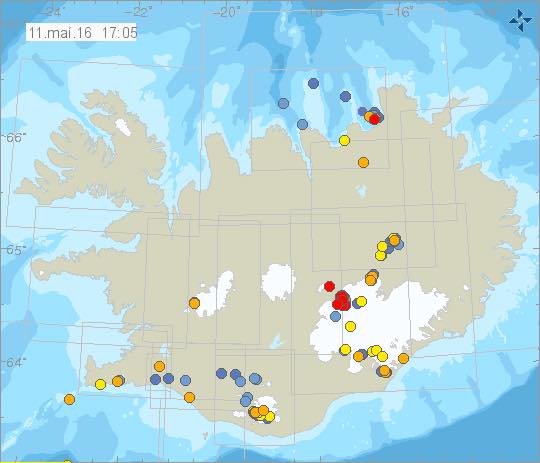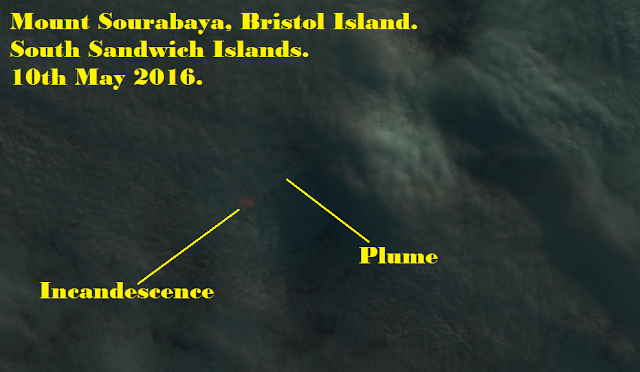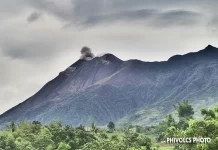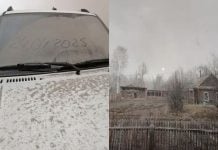And the volcanic unrest continues…
Scientists keep a close eye on Bárðarbunga volcano as seismic activity keeps growing. Meanwhile, the eruption continues on Bristol Island, South Sandwich Islands.
Seismic activity keeps on growing at Bárðarbunga volcano

Growing seismic activity in the Bárðarbunga volcano and its immediate vicinity has been measured in recent days.
More than 6,200 separate earthquakes of various sizes have been recorded since the end of the Holuhraun eruption North of Vatnajökull glacier in 2015.
The activity has been picking up recently, increasing the possibility of renewed volcanic activity in the Bárðarbunga system.
The seismic activity had been increasing in Bárðarbunga since last fall. About 30 minor earthquakes hit the Bárðarbunga volcano in the last 24 hours.

The central volcano is currently experiencing heightened activity with seismic unrest that may indicating that the system is nearing an eruption in the region inside the caldera or at the ring fault of the outer edge of the caldera.
It seems the recent activity is in reaction to activity in Bárðarbunga and the eruption in Holuhraun in the winter of 2014-2015. The recent earthquake swarms have occurred relatively close to the surface which suggests the area might be recovering from the eruption which produced the largest lava in Iceland since 1783.
Scientists are keeping a close eye on the developments and nobody really believes there is an immediate danger: They just have to make sure we know what is going on.
According to a geologist, this recent activity indicates the volcano itself is expanding. In this case, many of the earthquakes could be caused by growing pressure in the magma chamber itself, deep underneath the volcanic system. These developments underneath the Bárðarbunga volcano mirror events under the Eyjafjallajökull volcano in the lead up to the 2010 eruption.
The data are not a prediction of further volcanic activity or an eruption. But they are sufficient to say that the possibility of an eruption has increased. Note that the activity may very well die down, but currently it is worthy of notice.
Also, if there would be an eruption it would most likely be small. And with small I mean around the size of the 1996 eruption. It is not likely that an eruption column would become higher than 5km and the eruption would most likely be brief.
Bárðarbunga is the centre of an enormous volcanic system which stretches from Dyngjuháls ridge in the north to Torfajökull glacier in the south. The fissure swarm which makes up the system is 190-200 km (118-125 miles) long and 25-30 km (15-18 miles) wide.
Scientists keep a close eye on Bárðarbunga volcano as seismic activity keeps growing
Eruption continues on Bristol Island













